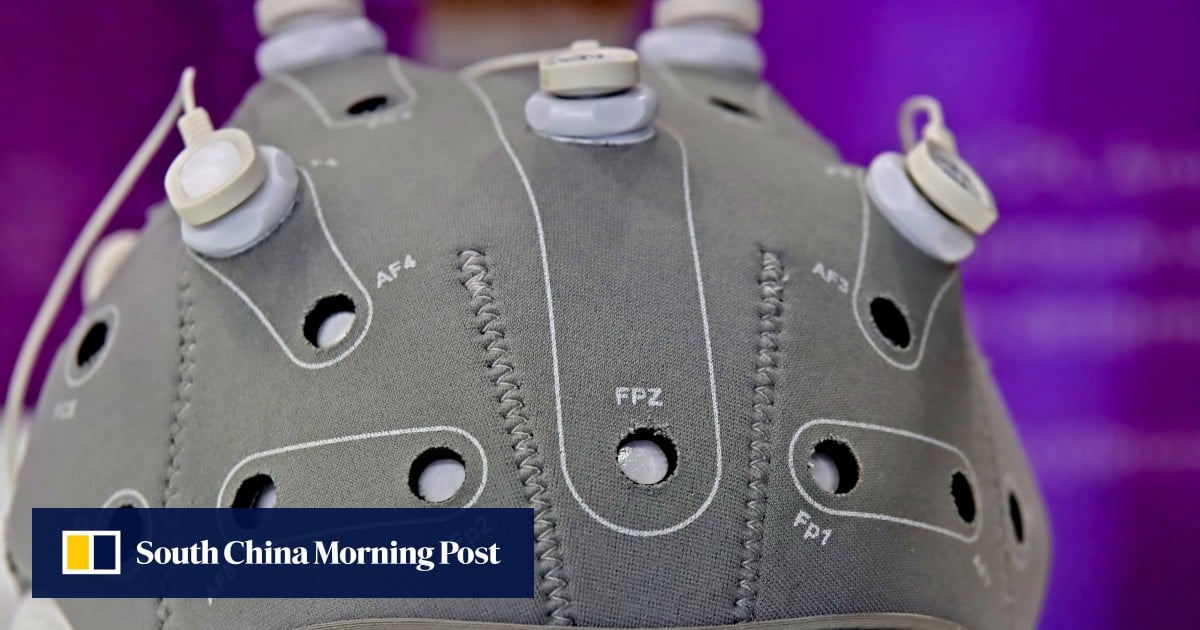The support for medical applications of brain-computer interfaces is among a range of innovation-boosting measures proposed by the agency, which regulates medications and medical devices.
“[We will] strengthen the standardisation research of new biomedical materials, including medical materials for additive manufacturing, flexible electrodes for brain-computer interfaces, and gene-engineered synthetic biomaterials,” it said.
The agency added that it would promote “research on safety and efficacy evaluation methods for medical devices based on brain-computer interface technology”.
Research is under way in healthcare and medical sciences on how the technology can be used to repair or reinstate functions for people with impairments caused by neuromuscular disorders such as stroke and spinal cord injuries.
There are also hopes that it could be an effective treatment for movement disorder cerebral palsy or the rare neurodegenerative disease amyotrophic lateral sclerosis (ALS). The technology might also help to restore damaged sight or hearing.

